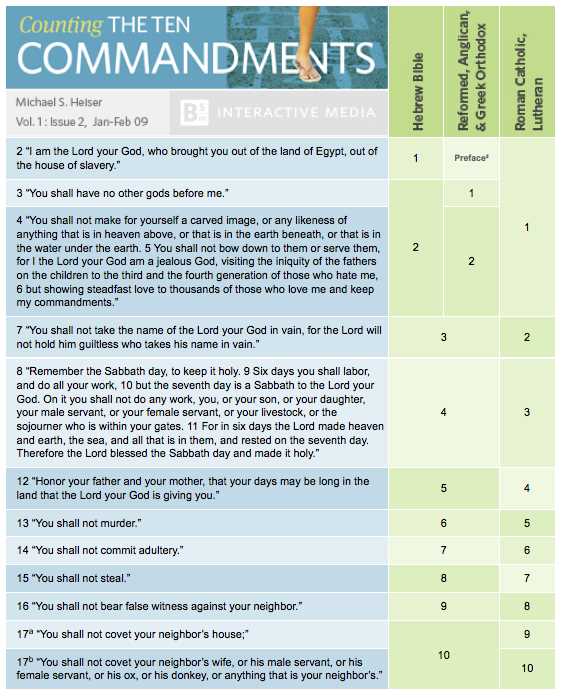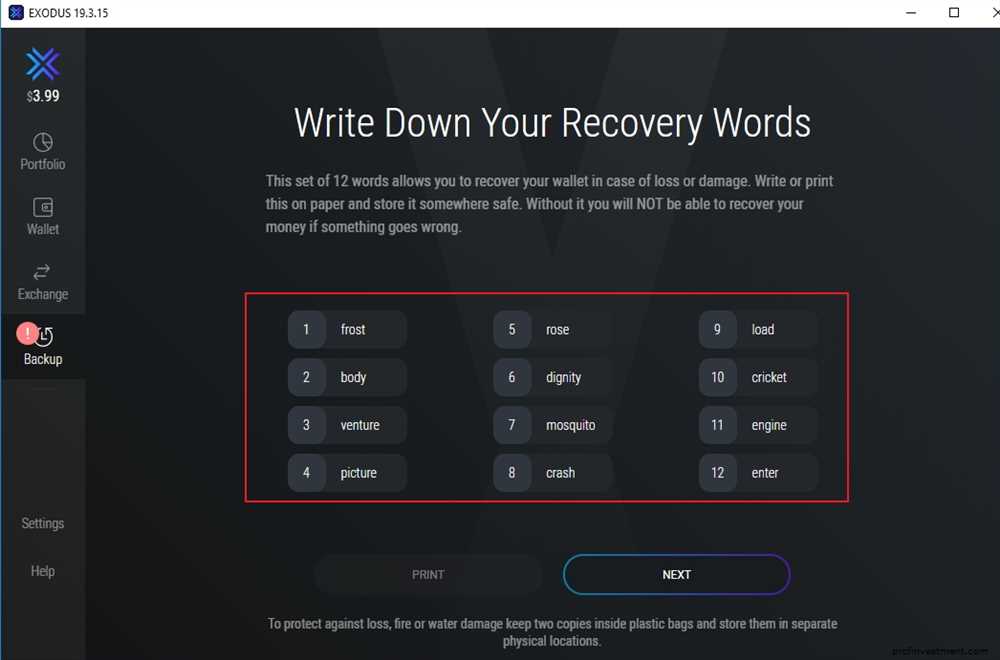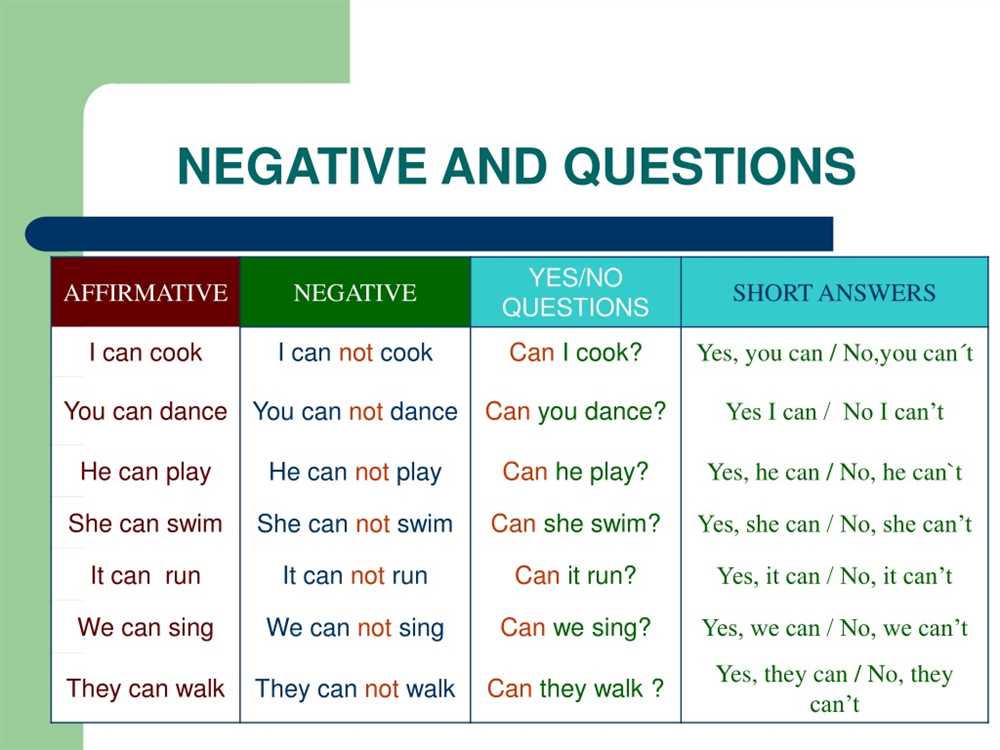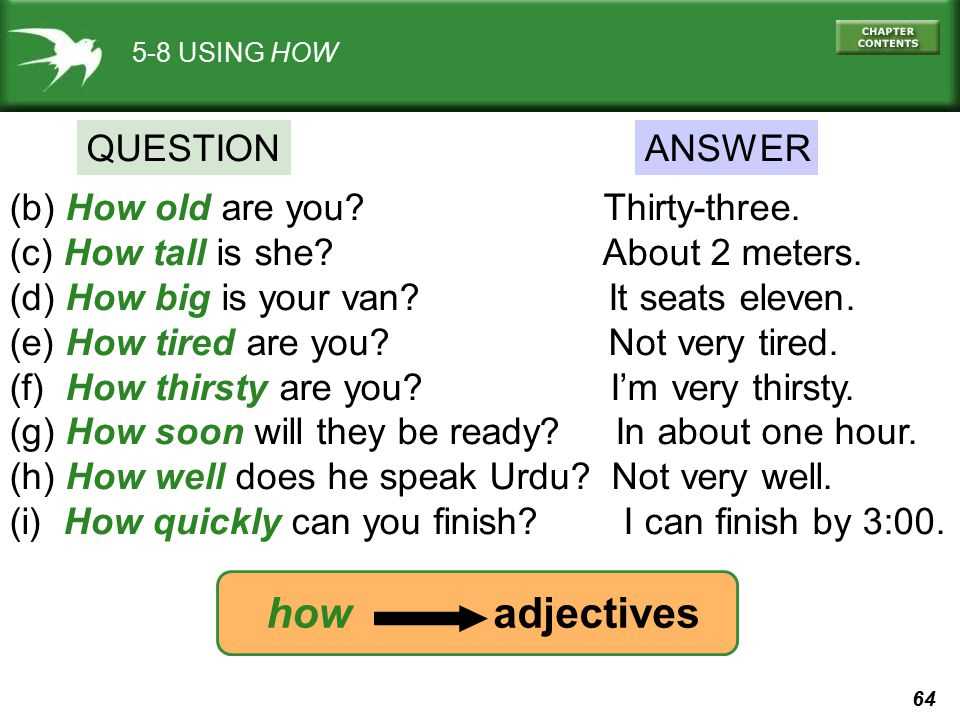
In Exodus chapter 1 of the Bible, we are introduced to the story of the Israelites’ enslavement in Egypt. This chapter raises several questions about their plight and the actions of Pharaoh. Let’s explore some of these questions and find answers within the text.
One of the first questions that arises is why did the Israelites become enslaved in Egypt? The text states that a new king arose in Egypt who did not know Joseph, the Israelite who had previously been in favor with Pharaoh. As a result, the new Pharaoh became fearful of the growing number of Israelites in the land and decided to oppress them, making them slaves. This raises further questions about the nature of power and fear.
Another question that emerges is how did the Israelites fare under their enslavement? The text paints a bleak picture of their circumstances, describing the harsh labor they were forced to endure. They were made to build cities and perform all kinds of field work. Despite their suffering, the Israelites continued to multiply, which leads to yet another question – why did Pharaoh choose not to simply kill all the Israelite males to prevent their growth? The text suggests that Pharaoh feared the Israelites would become too numerous and powerful, but his decision to kill only the male babies implies a strategic attempt to control their population.
One final question we can explore is why did God allow the Israelites to be enslaved? The text does not provide a direct answer, but it does mention that the more the Israelites were oppressed, the more they multiplied and grew. This suggests that their enslavement served a purpose in preparing them for their eventual liberation and journey to the Promised Land. It also highlights the resilience and faith of the Israelite people in the face of adversity.
What is Exodus chapter 1 about?

The book of Exodus, in the Bible, is the second book of the Old Testament and tells the story of the Israelites’ escape from slavery in Egypt. Exodus chapter 1 specifically focuses on the beginning of the Israelites’ oppression and persecution by the Egyptians.
The chapter starts by describing how Joseph and his brothers, who had settled in Egypt, eventually died, along with their generation. The new pharaoh who ruled over Egypt did not know about Joseph and his contributions to Egypt, and he began to fear the Israelites because of their growing population and influence.
The pharaoh then devised a plan to oppress the Israelites by enslaving them and making their lives miserable. He placed taskmasters over them and forced them into hard labor, hoping to weaken them. However, despite the harsh treatment, the Israelites continued to multiply and flourish.
Exodus chapter 1 also introduces two Egyptian midwives, Shiphrah and Puah, who are instructed by the pharaoh to kill all male Hebrew babies at birth. However, the midwives fear God and refuse to carry out the pharaoh’s orders, instead allowing the male babies to live. As a result, God blesses them, and the Israelites continue to multiply.
This chapter sets the stage for the rest of the book of Exodus, highlighting the oppression and suffering of the Israelites and foreshadowing their eventual liberation with the help of Moses, who will be introduced in the following chapters.
Who is the author of Exodus chapter 1?
Although the authorship of the Book of Exodus as a whole is debated among scholars, the author of Exodus chapter 1 is not specifically identified in the text. However, tradition attributes the authorship of the Book of Exodus to Moses, who is also considered the author of the first five books of the Bible known as the Torah or Pentateuch. Moses, a prominent figure in the Old Testament, was believed to have received divine inspiration and guidance from God in writing these books.
In Exodus chapter 1, the author provides a historical account of the Israelites’ time in Egypt and their subsequent enslavement. The chapter outlines the growth of the Israelite community and the oppression they faced under a new Pharaoh who did not know Joseph. It also introduces the birth of Moses and sets the stage for the events that will unfold in the rest of the book.
What is the significance of the events described in Exodus chapter 1?

The events described in Exodus chapter 1 hold great significance in the biblical narrative as they set the stage for the Israelites’ eventual deliverance from slavery in Egypt. This chapter marks the beginning of the Israelites’ oppression, which lasted for several generations. The Pharaoh, fearing the growing number and influence of the Israelites, subjects them to harsh labor and afflictions in an attempt to control their population.
This chapter introduces key characters such as the Pharaoh, who acts as the chief antagonist in the Israelites’ story, and the Hebrew midwives, Shiphrah and Puah, who defy the Pharaoh’s orders in order to save the Hebrew male children. The bravery and faithfulness of the midwives demonstrate the resilience of the Israelite people even in the face of oppression.
The events in Exodus chapter 1 also serve to emphasize God’s sovereignty and his commitment to fulfilling his promises to the Israelites. Despite the Pharaoh’s attempts to control the Israelite population, they continue to multiply and thrive, highlighting God’s divine intervention and protection. Additionally, the chapter foreshadows the future role of Moses, who will play a crucial role in leading the Israelites out of bondage.
In summary, the events described in Exodus chapter 1 not only establish the backdrop of the Israelites’ enslavement in Egypt but also lay the foundation for the subsequent narratives of their liberation and journey to the Promised Land. This chapter underscores the themes of oppression, resilience, divine intervention, and the fulfillment of God’s promises, which will continue to unfold throughout the book of Exodus.
What role do the Israelites play in Exodus chapter 1?
In Exodus chapter 1, the Israelites play a central role as the descendants of Jacob who have multiplied and become a large population in Egypt. The chapter begins by highlighting that the Israelites were fruitful and multiplied greatly, filling the land of Egypt. Their increasing numbers make the Pharaoh feel threatened, leading to the oppression and enslavement of the Israelites.
The Israelites’ role in Exodus chapter 1 revolves around their suffering under the harsh bondage imposed by the Pharaoh. As the chapter progresses, it is revealed that the Pharaoh’s oppression is an attempt to suppress the Israelites’ growth and prevent any potential rebellion. Despite their suffering, the Israelites continue to multiply and thrive, challenging the Pharaoh’s efforts to control them.
Additionally, the Israelites’ role in Exodus chapter 1 sets the stage for the future events in the book. Their oppression and cry for help form the backdrop for their eventual liberation and journey towards the Promised Land. The chapter establishes the motive and urgency for their deliverance, setting the context for the subsequent chapters of Exodus.
Overall, the Israelites in Exodus chapter 1 are portrayed as a resilient and determined people, facing intense oppression but continuing to increase in numbers. Their role serves to emphasize their importance in God’s plan for their deliverance and highlights their eventual liberation from bondage.
How does Exodus chapter 1 set the stage for the rest of the book?
The first chapter of the book of Exodus sets the stage for the rest of the book by establishing the historical background and introducing the key conflict that will drive the narrative. It begins by recounting how the descendants of Jacob, the Israelites, multiplied in Egypt and grew in number. The pharaoh who ruled at that time, however, became concerned about their increasing population and feared that they might pose a threat to his authority. This fear sets the stage for the oppression and slavery that the Israelites will face throughout the book.
Furthermore, Exodus chapter 1 introduces key characters such as the pharaoh and the Hebrew midwives, who play significant roles in the subsequent events. The pharaoh’s decree to kill all Hebrew baby boys sets up the central conflict of the book, as the Israelites must find a way to preserve their offspring. The actions of the Hebrew midwives, who disobey the pharaoh’s orders and save the baby boys, demonstrate the courage and faith of the Israelite people and foreshadow the eventual liberation to come.
In addition to establishing the conflict and characters, Exodus chapter 1 also sets the stage by highlighting the themes of oppression, resistance, and divine intervention that will be explored throughout the book. The oppressive conditions faced by the Israelites under the pharaoh’s rule are depicted, as they are forced into hard labor and treated as slaves. This oppression serves as the catalyst for the Israelites’ desire for freedom and their eventual liberation from Egypt. The chapter also emphasizes the importance of resistance and the power of collective action, as the Israelite community comes together to stand up against the pharaoh’s injustice.
Overall, Exodus chapter 1 sets the stage for the rest of the book by providing essential background information, introducing key characters and conflicts, and foreshadowing the themes that will be explored. It establishes the context for the Israelites’ journey from slavery to freedom and sets the tone for the narrative of liberation that unfolds in the subsequent chapters.
Key Themes in Exodus Chapter 1
The book of Exodus, particularly Chapter 1, highlights several key themes that shape the narrative and provide deeper insights into the plight of the Israelites in Egypt:
1. Oppression and Slavery
Exodus Chapter 1 begins by depicting the Israelites’ descent into oppressive slavery under a new Pharaoh who did not know Joseph. The chapter emphasizes the harsh conditions in which the Israelites were forced to work, highlighting the theme of bondage and the cruelty they endured at the hands of their Egyptian oppressors.
2. Increase and Fear
The chapter also emphasizes the rapid growth of the Israelite population, which becomes a cause for concern for the Egyptians. The Pharaoh fears that the Israelites’ numerical strength would pose a threat to his power and thus embarks on a plan to suppress them further, emphasizing the themes of fear and insecurity.
3. God’s Faithfulness
Amidst the oppression and fear, Exodus Chapter 1 subtly hints at God’s faithfulness and his plan to deliver the Israelites. Despite the harsh conditions, the Israelites continue to multiply, demonstrating God’s hand at work even in the midst of their affliction. This theme sets the stage for the subsequent liberation and deliverance of the Israelites in later chapters.
4. Human Agency
An underlying theme in Exodus Chapter 1 is the role of human agency in fulfilling God’s purposes. The midwives, Shiphrah and Puah, play a crucial role in defying Pharaoh’s orders and refusing to kill the Hebrew male infants. Their actions demonstrate the power of individual choice and the potential for resistance against unjust systems.
5. Identity and Cultural Preservation

Finally, Exodus Chapter 1 touches on the theme of identity and cultural preservation. Despite the oppressive conditions, the Israelites maintain their distinctiveness as a people, refusing to assimilate into Egyptian culture. This theme sets the stage for their eventual liberation and the formation of their own nation under God’s guidance.
Overall, Exodus Chapter 1 sets the foundation for the broader narrative of liberation and deliverance in the book of Exodus, highlighting themes of oppression, fear, God’s faithfulness, human agency, and the preservation of identity. These themes create tension and anticipation for the liberation of the Israelites from their bondage.
What are some important lessons we can learn from Exodus chapter 1?
The first chapter of the book of Exodus in the Bible provides several important lessons for readers. One lesson is the power of fear and oppression. In Exodus chapter 1, the Israelites are described as being oppressed and enslaved by the Egyptians. This teaches us that fear and oppression can have a devastating effect on individuals and communities, and that it is important to stand up against such injustices.
Another lesson from Exodus chapter 1 is the significance of faith and perseverance. Despite facing brutal conditions and hardship, the Israelites continued to multiply and grow in number. This teaches us the importance of having faith in God and persevering through difficult times. It reminds us that even in the darkest of circumstances, there is always hope.
Additionally, Exodus chapter 1 highlights the importance of unity and community. Despite being enslaved, the Israelites stuck together and supported one another. This teaches us the power of unity in the face of adversity. It reminds us of the importance of coming together as a community and supporting each other in times of need.
Furthermore, Exodus chapter 1 reminds us of the importance of valuing and protecting all human life. The Pharaoh in the chapter ordered the killing of all Hebrew baby boys, but the midwives resisted this command and saved the babies. This teaches us the value of standing up for what is right and protecting the vulnerable. It reminds us of the importance of valuing and cherishing the lives of all individuals.
Lastly, Exodus chapter 1 teaches us that God is always working behind the scenes, even when we can’t see it. Despite the dire circumstances of the Israelites, God was preparing to deliver them and fulfill His promises. This teaches us to trust in God’s plan and timing, even when things seem hopeless.
In conclusion, Exodus chapter 1 provides important lessons on the power of fear and oppression, the significance of faith and perseverance, the importance of unity and community, the value of protecting all human life, and the reminder that God is always at work. These lessons continue to be relevant and applicable in our lives today.
How does Exodus chapter 1 relate to our lives today?

The events described in Exodus chapter 1 may have occurred thousands of years ago, but the themes and lessons contained within the chapter are still relevant to our lives today. This chapter offers insights into resilience, faith, and the importance of standing up against oppression.
1. Resilience: The Israelites in Exodus chapter 1 faced severe oppression and slavery under the Egyptian pharaoh. Despite their difficult circumstances, they continued to grow in number and strength. This serves as a reminder to us today that even in the face of adversity, we can find the strength to persevere and overcome challenges.
2. Faith: Exodus chapter 1 also emphasizes the importance of faith in God. Despite the oppressive conditions they faced, the Israelites remained faithful and continued to trust in God’s promise of deliverance. This serves as a reminder to us today to put our trust in God during difficult times and to have faith that He will guide us through.
3. Standing up against oppression: Exodus chapter 1 depicts the courage of two Hebrew midwives, Shiphrah and Puah, who defied Pharaoh’s orders to kill all Hebrew baby boys. Their bravery and defiance serve as inspiration for us today to stand up against injustice and oppression, even if it means going against the authorities or societal norms.
Overall, Exodus chapter 1 reminds us of the universal struggles of humanity and the importance of resilience, faith, and standing up for what is right. It urges us to examine our own lives and consider how we can apply these lessons to our own circumstances, ultimately leading to personal growth and positive change.